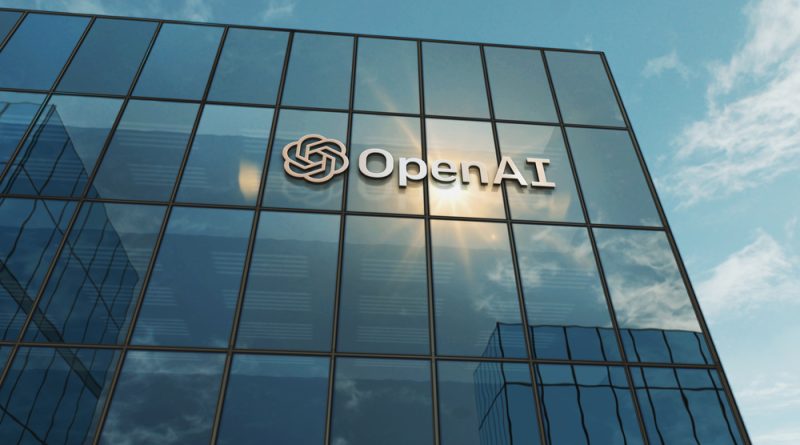OpenAI Addresses Concerns Over Alleged ChatGPT Data Compromise
Recent events have led OpenAI to clarify the circumstances surrounding an incident that was initially thought to be a data leak involving ChatGPT. As reported by Ars Technica, the incident, which involved user Chase Whiteside receiving unexpected login credentials and personal data through the AI, is now attributed to hacking rather than a leak within ChatGPT.
Whiteside recounted receiving the confidential information in response to an unrelated query while using ChatGPT to brainstorm creative color names for a palette. Upon discovering the extraneous data, Whiteside promptly reported the issue to the tech news outlet. OpenAI, in a statement to Mashable, identified the incident as a result of account misuse due to hacking. Notably, the supposedly leaked data emerged from conversations in Sri Lanka, aligning with the timeline of a login from the same region, while Whiteside is based in Brooklyn.
Despite OpenAI’s explanation, Whiteside expressed doubts about his account being compromised, citing the strength of his unique password. OpenAI has stated that this incident appears to be isolated, with no similar issues reported elsewhere.
The leaked content, as detailed by Ars Technica, seems to have originated from an employee expressing dissatisfaction while addressing technical issues with an app used by a pharmacy. The disclosed information included a customer’s username, password, and the employee’s store number, raising concerns about the privacy and security of data processed by ChatGPT.
This incident underscores the broader privacy and security challenges associated with ChatGPT. Researchers and hackers have previously identified vulnerabilities in the platform, leading to the potential extraction of sensitive data through techniques like prompt injection or jailbreaking. In March, a bug was detected that compromised the payment details of ChatGPT Plus users.
While OpenAI has taken steps to address specific ChatGPT-related issues, it does not extend protection to personal or confidential data shared with the AI. This was highlighted in an incident where Samsung employees inadvertently leaked company secrets while using ChatGPT for coding assistance, prompting many organizations to restrict the use of the platform.
OpenAI’s privacy policy stipulates that input data should be anonymized and devoid of personally identifiable information. However, the intricacies of how certain outputs are generated sometimes remain elusive, emphasizing the inherent risks associated with large language models (LLMs).
Although this particular incident seems to be a result of hacking, it serves as a critical reminder of the importance of safeguarding sensitive and personal information, especially when interacting with platforms like ChatGPT.

